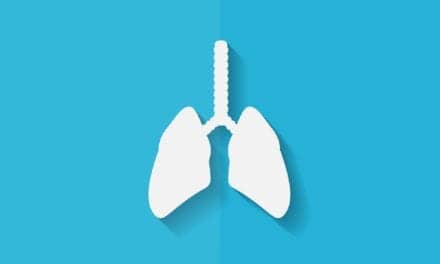The International Association for the Study of Lung Cancer (IASLC) is taking a proactive role in advancing discussions with the international lung cancer community on how to move lung cancer screening forward by setting up the Strategic CT Screening Advisory Committee (IASLC-SSAC). The high priority is a result of the findings of the National Lung Screening Trial which found that lung cancer deaths fell by 20% when smokers were screened annually for 3 years using low-dose spiral computed tomography (LDCT) compared to standard chest x-ray.
The IASLC-SSAC will work to define the optimal approaches to lung cancer screening. They will focus on six specific components of the lung cancer screening process:
- Identifying high risk individuals for lung cancer CT screening programs;
- Developing radiological guidelines for use in creating national screening programs;
- Developing guidelines for the clinical work-up of ‘indeterminate nodules’ resulting from the CT screening programmers;
- Developing guidelines for pathology reporting of nodules from lung cancer CT screening programs;
- Formulating recommendations for surgical and therapeutic interventions of suspicious nodules identified through lung cancer CT screening programs; and
- Integrating smoking cessation practices into future national lung cancer CT screening programs.
Members of the IASLC-SSAC are working to engage international professional societies and organizations who are stakeholders in lung cancer CT to assemble information about best practices which may be utilized by individual nationals to suit their health care systems.
“The data from the NLST trial provides the first evidence that LDCT lung cancer screening can save lives and thus is the most encouraging data we have had on the international stage with respect to this disease for many years,” says John Field, co-author of the study, chair of the IASLC Task Force on CT Screening and director of the lung cancer research program at the University of Liverpool Cancer Research Center. “This is why we’ll look at ongoing international trials which will provide further information on the outstanding issues before considering the implementation of national CT screening programs.
“This is a high priority for the IASLC since strategic screening has the potential to change the face of lung cancer in the coming years.”
Source: International Association for the Study of Lung Cancer









